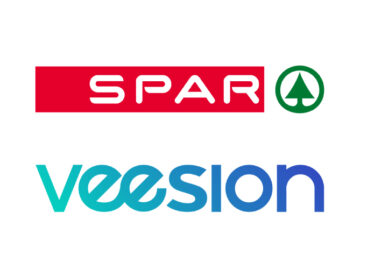An important change is coming, companies should prepare now – the EU regulation on digital accessibility will enter into force in 2025
While the majority of companies are burning with the fever of artificial intelligence-based developments, the concept of digital equal opportunities continues to be pushed into the background, even though nearly a sixth of the global population lives with some form of disability and the same number of elderly people use digital devices, products, and services – if they can. The burning deficiencies must be filled now, since the accessibility regulation will enter into force in Hungary in July 2025, according to which the digital environment must be accessible to everyone with equal opportunities.

According to the experts of the Stylers Academy, it is important that, in addition to getting to know the legal framework, the relevant market players focus not only on troubleshooting, but also on related training and attitude formation. In addition, it is worth recognizing the business opportunity inherent in accessibility, as companies that connect in time can attract a wide range of potential customers, but they can also lose them if they do not make their solutions available to them.
According to a WHO survey, about one-sixth of the world’s population lives with some kind of disability, and many people face challenges in their everyday life due to their age – and this also extends to the digital space. It’s worth thinking about how impossible it makes our lives if we can’t use our cell phone for a few days due to eye surgery, or if an inflammation of the wrist prevents us from typing or using a mouse. Similar challenges are still often invisible to companies, even though the loss of customers with special needs entails a loss of money and prestige – and soon legal consequences as well, since the Hungarian implementation package of the European Union Directive 2019/882 will enter into force in the summer of 2025, in which digital accessibility the Accessibility Act deals separately. The companies concerned therefore have barely a year left to prepare, and the work should start as soon as possible, since legal compliance may even require significant manual intervention.
Related news
Unexpected role reversal – in PreVital’s latest image campaign, cats go to work instead of their owners
🎧 Hallgasd a cikket: Lejátszás Szünet Folytatás Leállítás Nyelv: Auto…
Read more >Related news
II. Green Gastronomy – Marketing Communication Workshop organized by the MMSZ HoReCa and Green Section
🎧 Hallgasd a cikket: Lejátszás Szünet Folytatás Leállítás Nyelv: Auto…
Read more >Nearly 140 domestic suppliers, 60% growth – SPAR Regions Treasures program accelerates with AI solutions
🎧 Hallgasd a cikket: Lejátszás Szünet Folytatás Leállítás Nyelv: Auto…
Read more >








